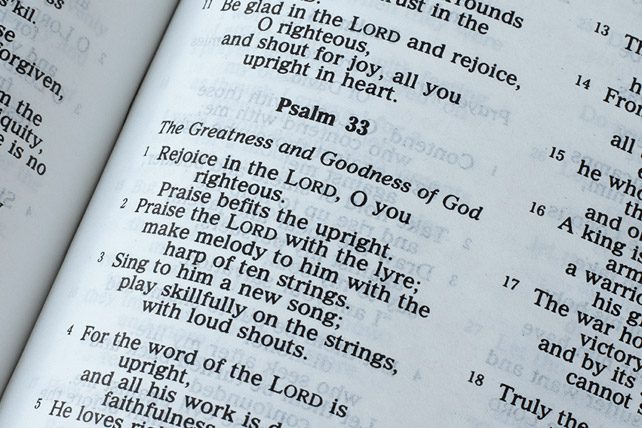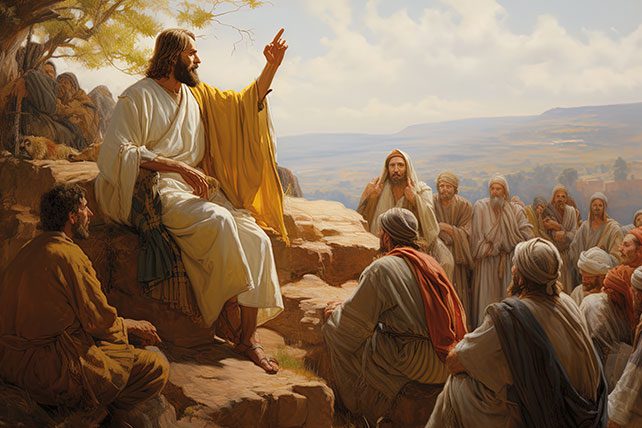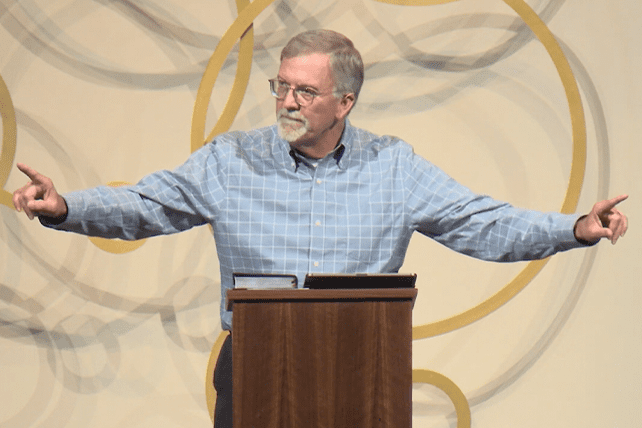The word “Hosanna” holds a deep-rooted place within Christian tradition and worship, resonating through the ages as a symbol of praise, adoration, and a heartfelt plea for salvation. Its origins, biblical presence, and continued usage in Christian practices such as Palm Sunday celebrations and contemporary worship songs underscore its enduring significance.
Understanding Hosanna
“Hosanna” originates from the Hebrew phrase found in the Old Testament, translating to “save, please” or “save now.” It is a combination of two words: “hosia” (save) and “na” (please). Initially, it was a plea for divine help and deliverance but evolved into an exclamation of joy and praise for salvation granted or anticipated.
RELATED: Psalm 33: A Journey into Trust and Praise
In the New Testament, this expression becomes distinctly associated with Jesus Christ, particularly during the event known as the Triumphal Entry. This moment, commemorated on Palm Sunday, marks Jesus’ entry into Jerusalem, where crowds spread branches on the road and cried out “Hosanna” to acclaim him as the awaited Messiah. This scene, rich in messianic symbolism, signifies the recognition of Jesus as the source of divine salvation.
The Shift from Plea to Praise
While the term originated as a plea, its New Testament usage reflects a transition to praise and acknowledgment of Jesus’ role as Savior. “Hosanna in the highest” has come to signify the loftiest praise offered to Jesus, recognizing his divinity and the ultimate salvation he brings.
The Significance of Worship
The term has transcended its biblical origins to become a staple in Christian liturgy and music, embodying joy and reverence towards God. Songs like “Hosanna” by Hillsong Worship encapsulate this spirit of worship, blending the ancient cry for salvation with modern expressions of faith and adoration.
The cursing of the fig tree by Jesus, found in the Gospels, is often questioned alongside discussions. This act symbolizes the judgment on superficial faith and the importance of genuine devotion, tying back to the theme of salvation and judgment inherent in the cry of God’s people.
Tamil and Global Christianity
The global reach of Christianity has seen the exclamation adopted into various languages and cultures, each imbuing it with local resonance while maintaining its core significance. In Tamil-speaking communities, “Hosanna” is woven into worship practices, highlighting the universal appeal of Jesus’ message and the collective yearning for divine intervention.




























